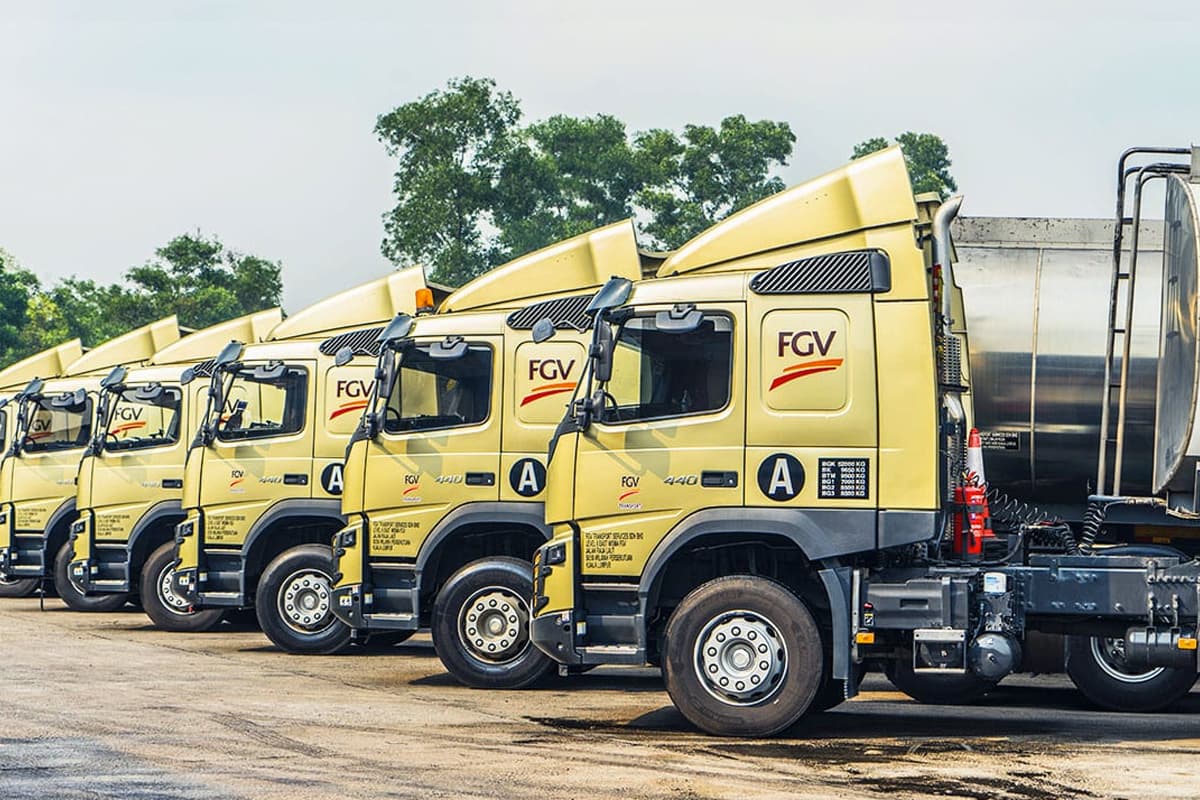
KUALA LUMPUR (March 7): FGV Holdings Bhd proposes the government look into consolidating fragmented palm oil smallholders from Federal Land Development Authority (Felda), Felcra Bhd and Rubber Industry Smallholders Development Authority (Risda) under one entity so that they can meet international standards and increase profit amid increasing demand for sustainable tropical oil.
FGV group CEO Datuk Mohd Nazrul Izam Mansor said Malaysian smallholders could be at risk with increased regulation, especially amid new European Union’s Deforestation-free Regulation (EUDR).
Under the new regulation, smallholders will have to ensure the traceability of their products and prove supplies do not come from deforested land, although leading to higher administrative costs.
“The ultimate goal is for FGV to buy sustainable oil palm fruits from smallholders so that we can sell at a premium price. These premiums are then given back to smallholders so that it improves their livelihood. However, for us to get a premium price, we have to ensure our smallholders are certified according to international standards.
“If the government can manage the smallholders more effectively through consolidation or economy of scale that is more sustainable, then it will ensure more sustainably produced palm oil,” Nazrul told the media at the sidelines of 34th Palm & Lauric Oils Price Outlook Conference & Exhibition (POC2023) on Tuesday (March 7).
FGV has played a significant role as an off-taker for smallholders by purchasing fresh fruit bunches (FFB) produced by smallholders.
Based on the group’s fourth quarter ended Dec 31, 2022, some 1.12 million tonnes (28%) of FFB processed were produced internally, 1.82 million tonnes (44%) were sourced from Felda settlers, and the remaining 1.17 million tonnes (28%) were received from third parties.
“When the fragmented smallholders from these three separate government agencies for smallholders consolidate, it will be a lot more organised. As such, it will be easier for them to meet the requirements of the Malaysian Sustainable Palm Oil (MSPO) and Roundtable on Sustainable Palm Oil (RSPO) certifications. Once they are certified, they can produce FFB that hold premium value,” he added.
Currently, only RSPO certified palm oil that has strong traceability to the manner it was produced gets premium in the marketplace.
He also highlighted that Malaysian palm oil planters are still not lagging behind in gaining premium to their production, due to absence to lack of good agricultural practices.
“If we (FGV) could include Felcra and Risda smallholders into our system, they can successfully produce sustainable palm oil. Our aspiration is to take more FFB from sustainable smallholders,” he added.
There are over 440,000 smallholders in Malaysia with total oil palm planted areas of 1.48 million hectares.
Read also:
EU deforestation regulation to impact palm oil exports to Europe, says minister
Market participants must be prepared to capitalise on price volatility — Bursa chairman
Sime Darby Plantation aims to have 100% local workers in its estates by end-2027
Fadillah: National Biomass Action Plan to be completed in July
More stringent management could yield palm oil companies 10% more, says KLK CEO